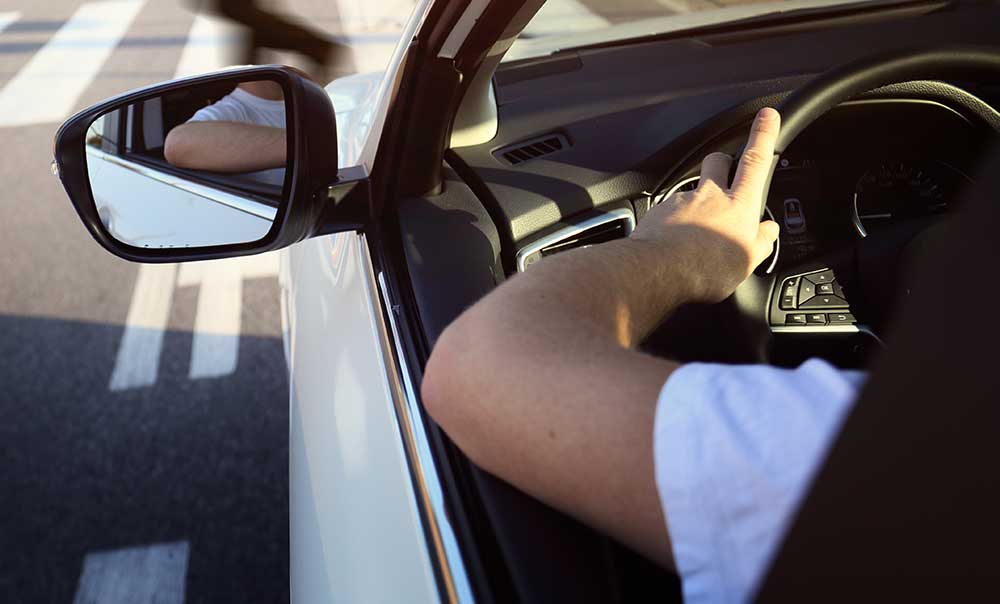Maison Law can represent you if you’ve been injured in an accident in California. Filing a personal injury claim isn’t easy, but it’s a necessary part of getting better. With that said, who you have to file against is sometimes the most difficult part of the process. And if the person that caused your accident doesn’t have citizenship or has been deported, it can feel hopeless. Our team will be there to make sure you get what you’re owed and back on track. Set up a free consultation today.

Can I File a Personal Injury Claim Against Someone That’s Been Deported?
Being in an accident where you’re hurt is hard enough on its own without adding any stress or further problems. So, when the person that causes your accident either gets deported or has already been deported, it certainly makes things tougher. But it doesn’t change your options. You can still file a claim and get financial support. Before we get there, though, there’s going to be something important to keep in mind:
- Insurance – If the person has insurance and you have that information, you can file a claim as you normally would. However, if they don’t or they have limited insurance, it changes the equation. You might have to:
- Use your own insurance coverage (if you have it)
- Find other potentially liable people —like an employer or car owner, depending on the situation
- File a lawsuit, which could be challenging if the person is out of reach
At the end of the day, you shouldn’t be left dealing with medical bills and lost income just because the at-fault person isn’t around. There may still be a path forward—and we can help you find it.
What Happens When You File a Lawsuit Against Someone That’s Been Deported?
If you reach the point where a lawsuit makes sense, you’re going to need to be ready. Thankfully, starting with an insurance claim will give you much of what you need in terms of information and evidence, but filing a lawsuit is more than just filling out paperwork—it’s about building a strong case that speaks to what you’ve been through and why it matters. Here’s how that process generally works, even in a case where the at-fault person has been sent away:
- Filing the lawsuit – We start by submitting a formal complaint to the court. This document explains who you’re suing, what happened, and what you’re asking for—things like medical costs, lost income, and pain you’ve been through. If the other person has been deported, we’ll need to explore whether they can still be held accountable here, or whether someone else should be included.
- Serving the lawsuit – This step gets tricky if the defendant is outside the U.S. Normally, we’d serve the complaint directly, but international service takes more time and follows different rules. We may work with special process servers or go through other ways to make sure the lawsuit is properly delivered. If that’s not possible, the court may allow for other methods.
- Waiting for a response – Once served, the defendant has a set amount of time to respond. That response might come through a lawyer (if they have one), or not at all. If there’s no reply, we can ask the court for a default judgment—which means you may still win your case, depending on the circumstances.
From there, your case may move into discovery (where both sides exchange evidence), settlement talks, or potentially a trial. It’s not fast—but with the right legal support, it’s a path forward to help you get better. And remember, you have to file a lawsuit within two years of the date of the accident.
Explore Your Legal Options With Maison Law
Getting hurt in an accident is hard enough. Trying to file a claim when the person responsible has been deported adds another layer of stress. But you’re not out of options—and you don’t have to figure it out alone.
At Maison Law, we’ve helped people across California handle complex injury claims, including those involving immigration issues and hard-to-reach defendants. We’ll help you understand your options, protect your rights, and guide you through every step—from insurance to court, if needed.
If you’re in this kind of situation, we can walk you through your next step—starting with a free consultation.
